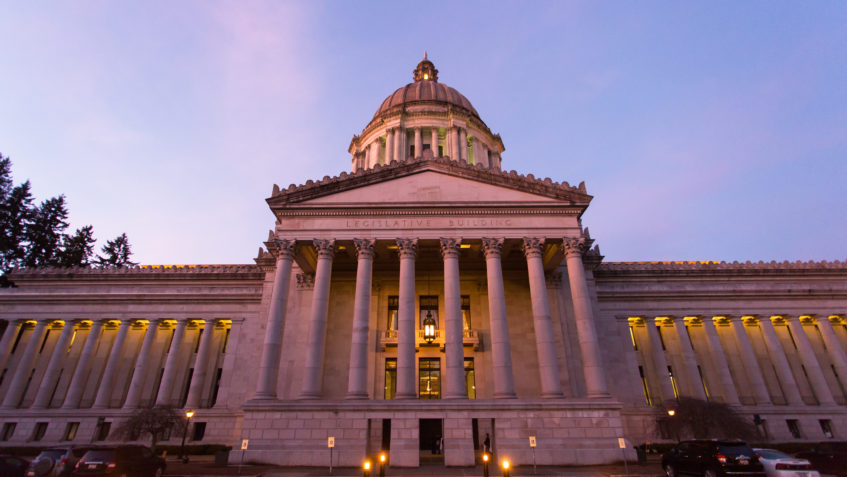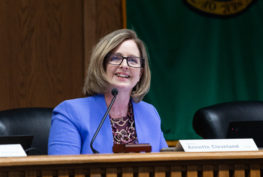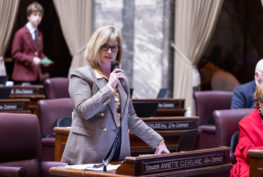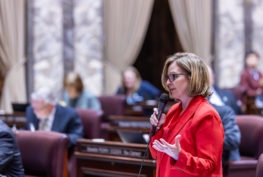Patients will be assured of greater protection against surprise health care bills from out-of-network health care providers, under legislation passed late last week by the Senate.
House Bill 1688, which passed unanimously, is companion legislation to Senate Bill 5618, which is sponsored by Sen. Annette Cleveland (D-Vancouver). Both bills reconcile differences in state and a recently passed federal law that seek to provide similar protections. Since HB 1688 was amended on the Senate floor, the two chambers must reconcile the two versions of the bill before it can go to Gov. Inslee to be signed into law.
“Our state passed strong legislation to provide these protections in 2019, but what we passed at the state level differs from the new federal law,” said Cleveland, who chairs the Senate Health & Long Term Care Committee. “This bill harmonizes those differences to prevent confusion and ensure consistent application.”
Once it is signed by Gov. Jay Inslee, the new law will:
- Expand the scope of services protected from surprise billing to include services following an emergency once a patient has been stabilized, a broader set of non-emergency services provided at in-network hospitals or facilities, and air ambulance services.
- Add behavioral health emergency services as emergency services.
- Retain the state dispute resolution process until Jan. 1, 2023 (or a later date determined by the state Insurance Commissioner) and thereafter, and align the process with the federal system for independent dispute.
- Require the Insurance Commissioner to submit recommendations on how surprise billing for ground ambulance services can be prevented and whether ground ambulance services should be subject to surprise billing.
“These changes come at a time when health care could not be more important in the face of the continued pandemic,” Cleveland said. “It’s important to make sure people can be assured of not receiving bills for health care services that are unanticipated and unexpected.
“Today, in our country, two-thirds of all individuals who file for bankruptcy cite medical debt as a key contributor. Passage of this bill today better ensures that no one in our state will receive a surprise health care bill they can’t pay.”




